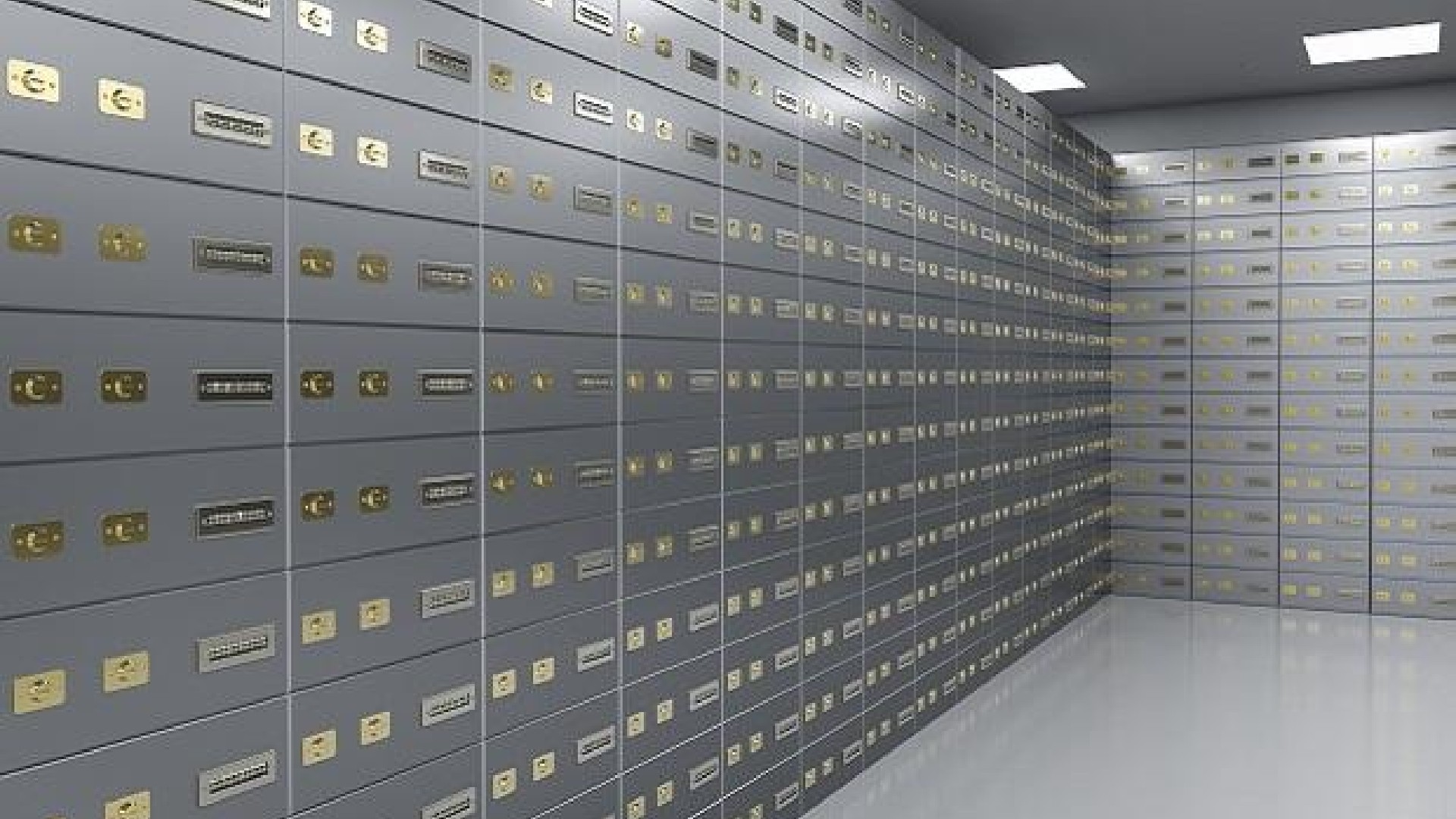The RBI has instructed banks to keep a branch-wise list of vacant lockers and a waitlist for lockers’ allotment.
In addition, banks were instructed to ensure transparency in locker allocations. From January 1, 2022, these instructions will be in effect.
In order for customers to make informed decisions, banks must follow these instructions.
If there are no lockers available, customers will be provided with a waitlist number.
Customer Rights
Customers would also be shared a copy of the locker agreement in duplicate signed by both sides so that the consumer is aware of their rights and responsibilities.
The primary copy would remain with the bank’s branch in which the concerned locker is located.
One who have asked for a locker facility and are fully compliant with the CDD (Customer Due Diligence) criteria may be offered facilities of safe deposit lockers/ safe custody items subject to continuous compliance.
If you do not have a banking relationship with the locker’s bank, this applies to you.
Customer Responsibilities
The locker aspirants will be prohibited from depositing any illegal or any hazardous material in the Safe Deposit locker.
The bank has the right to take appropriate action if they are suspected of doing so.
Upon allotment of a locker, the bank is authorized to collect a “Term Deposit” (TD).
Term Deposit To Be Paid By Customers
The fee covers three years of rent as well as the cost of breaking into the locker.
TDs are also a safeguard for banks when the locker-hirer does not operate or pay for the locker.
Those who have lockers already or have satisfactory operative accounts will not have to pay the deposit.
Locker Agreement
A Board-approved agreement will also be in place for safe deposit lockers.
Indian Banks’ Association (IBA) has framed a model locker agreement.
In order to protect their interests, banks must ensure that locker agreements do not include any unfair terms or conditions.
Additionally, banks can renew their locker agreements with existing locker customers by January 1, 2023.
Security
Banks will have to compulsorily keep CCTV footage for 180 days upon entry and exit for security purposes.
The lockers will also have to be reinforced to be able to take any impact dealt by water or fire damage.
Compensation And Liability Of Damages
The banks can no longer escape their responsibility to customers when locker security is compromised.
In the event of fire, theft, burglary, or dacoity, banks will have to compensate customers up to 100 times the rental fee for a locker.
The customer will also be notified of every locker operation via email and mobile phone.
In Events Of Locker Relocation
Shifting, merger, closure, or transfer of lockers must be informed to the public in advance via public notice in two newspapers (including one local daily in vernacular language).
The affected customers will also have to be informed at least 2 months in advance.
